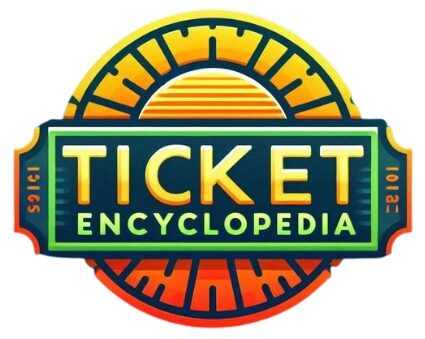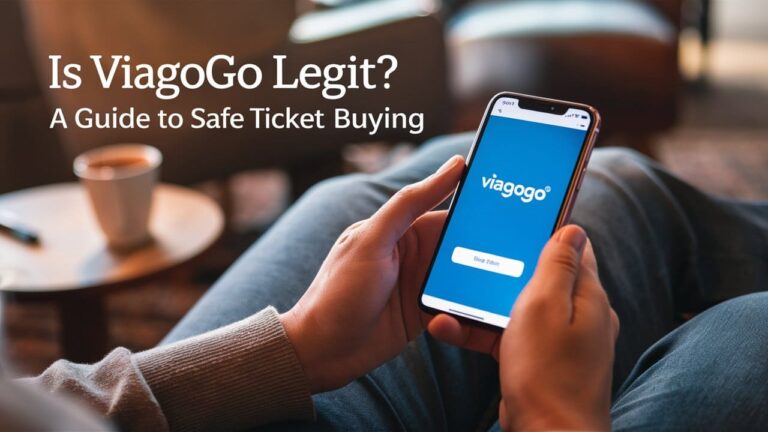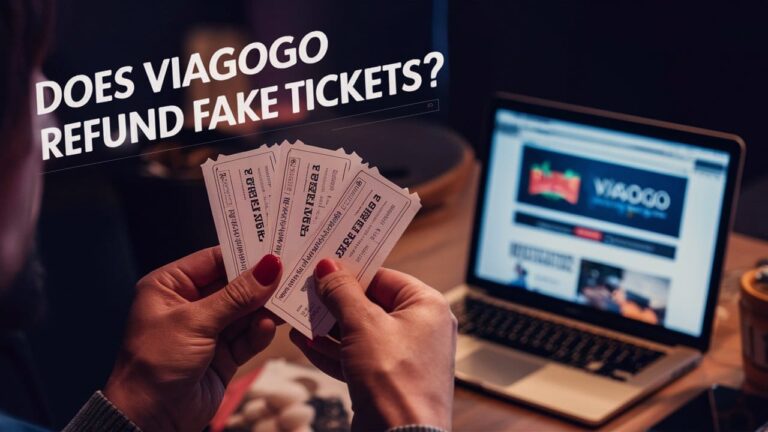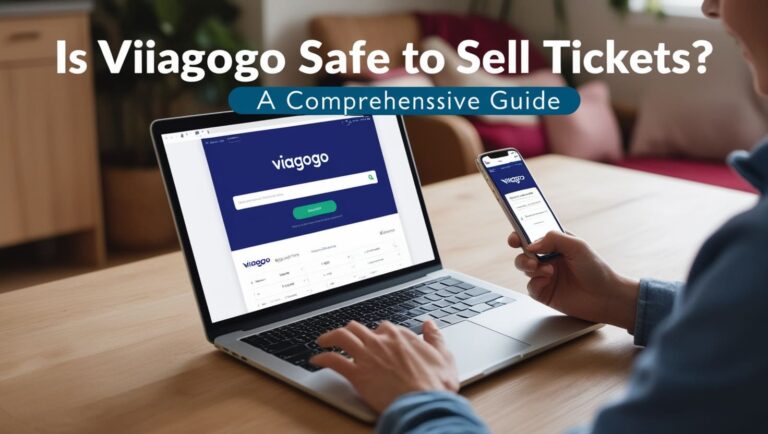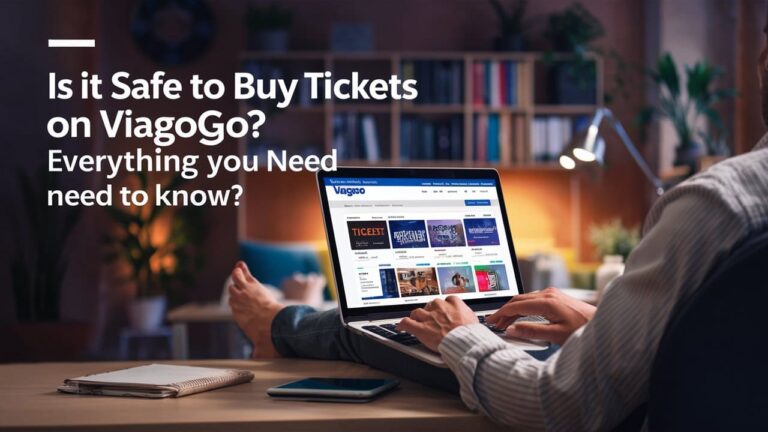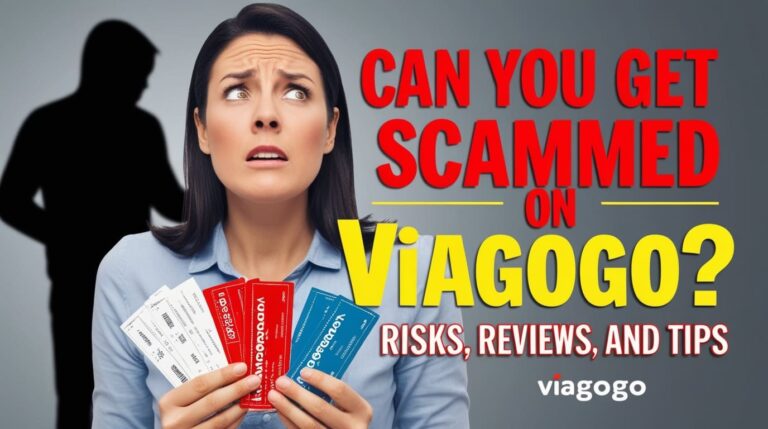Viagogo Ownership Explained: Key Players, Acquisitions, and Future
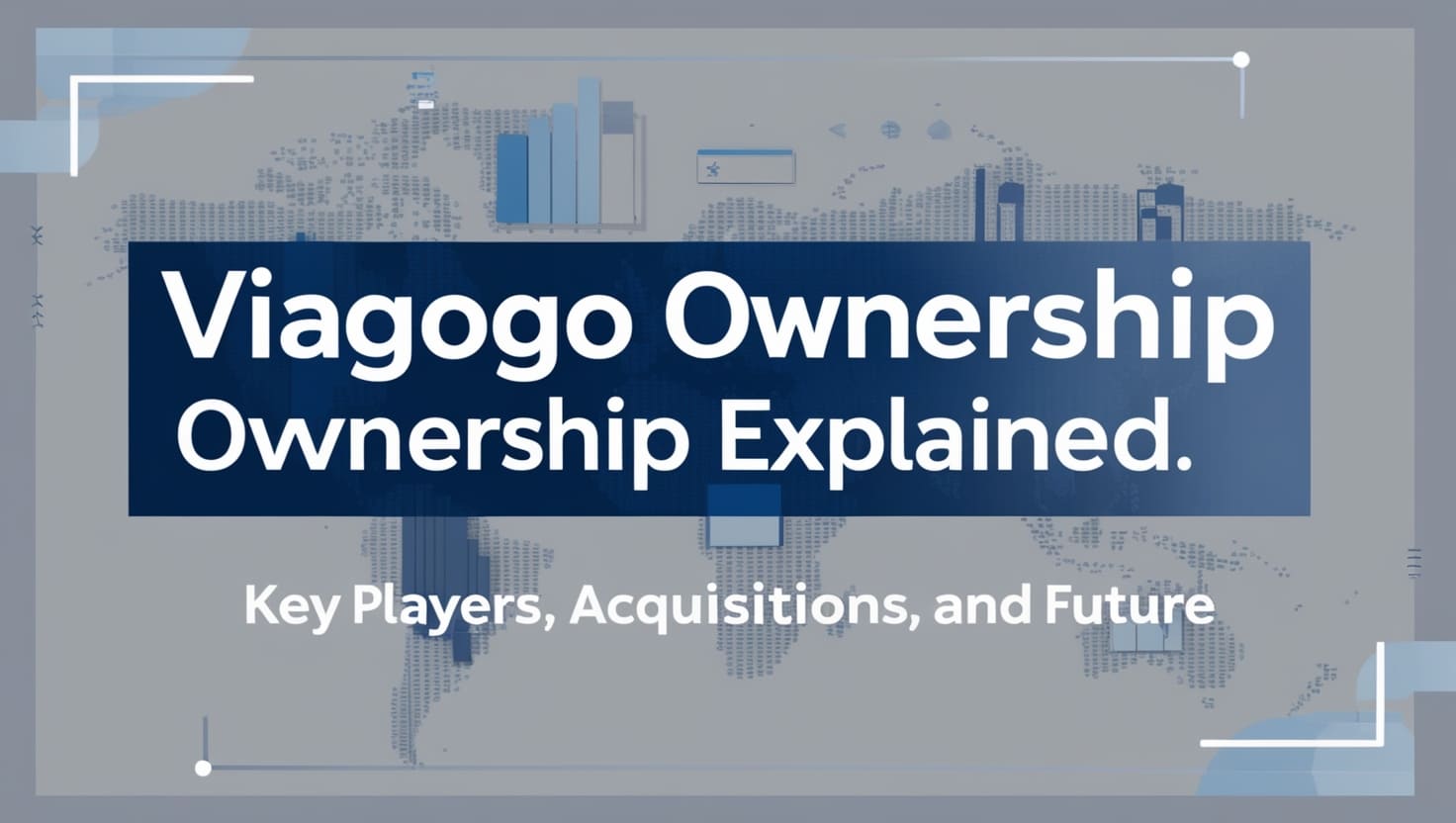
Viagogo is a well-known ticket resale platform that has gained significant attention over the years. It is known for its extensive marketplace that allows users to buy and sell tickets for various events worldwide. But who owns Viagogo? This question has piqued the curiosity of many. In this detailed article, we will explore the ownership structure, major investors, key acquisitions, and the future prospects of Viagogo.
Viagogo’s Ownership Structure
Eric Baker: The Man Behind Viagogo
Eric Baker is the primary owner and the driving force behind Viagogo. Baker co-founded StubHub during his time in business school but was eventually ousted from the company. Learning from his experience, Baker structured Viagogo to ensure he retains full control. Through supervoting shares, he holds the majority control, preventing any external forces from pushing him out of his own company.
Pugnacious Endeavors
Viagogo is owned through Baker’s holding company, Pugnacious Endeavors, headquartered in Delaware. This structure has allowed Baker to maintain tight control over Viagogo’s operations and strategic decisions. This control has been crucial in Viagogo’s aggressive expansion and acquisition strategies.
Major Investors
While Eric Baker holds the majority control, Viagogo has attracted investments from notable entities. Major investors include:
- Index Ventures: A venture capital firm known for investing in technology and e-commerce companies.
- Brent Hoberman: Co-founder of Lastminute.com and a prominent figure in the tech industry.
- The Rothschild Family: Through Jacob Rothschild, the family has invested in Viagogo, showcasing Baker’s ability to attract well-heeled backers.
These investors have provided the financial backing necessary for Viagogo’s global expansion and operational stability.
Key Acquisitions and Expansions
The Acquisition of StubHub
In 2019, Viagogo acquired StubHub from eBay for $4.05 billion. This acquisition was particularly significant for Eric Baker as it reunited him with the company he co-founded. The merger aimed to combine the strengths of both platforms, creating a more comprehensive ticket marketplace.
The acquisition, however, faced regulatory scrutiny. The UK’s Competition and Markets Authority (CMA) raised concerns about the merged entity’s market dominance. To address these concerns, Viagogo sold StubHub’s international business to Digital Fuel Capital in 2021, allowing the merger to proceed.
Global Presence and Operations
Viagogo operates in over 70 countries, with major offices in New York, London, Geneva, and Los Angeles. The company employs over 600 people across Europe, Asia, and the United States. Despite facing numerous controversies, Viagogo remains a dominant player in the secondary ticketing market.
Controversies and Legal Challenges
Viagogo’s rise has not been without challenges. The company has faced accusations of hidden fees, opaque pricing tactics, and enabling ticket scalping. These issues have led to legal actions in the UK, Europe, Australia, and other regions. Notably, Ed Sheeran canceled 10,000 Viagogo tickets, claiming they were invalid or counterfeit. Despite these challenges, Viagogo continues to operate and expand its services.
Future Prospects
Integration and Technology
Post-acquisition, Viagogo and StubHub have been focusing on integrating their technologies and operations. This integration aims to enhance the ticket-buying experience, providing users with a wider choice of tickets and better pricing. The combined entity is also exploring new partnerships and strategic expansions.
Financial Stability and Growth
The COVID-19 pandemic significantly impacted Viagogo’s revenues, as the live events industry came to a standstill. The company had to take on a $330 million loan to navigate through the period with little to no revenue. However, as live events resume, Viagogo is looking to stabilize its finances and restore consumer trust. There are also discussions about a potential initial public offering (IPO) to raise additional capital for further growth.
Regulatory Compliance
Regulatory scrutiny will continue to be a significant factor in Viagogo’s operations. The company must navigate various legal landscapes to ensure compliance and avoid further legal challenges. This includes transparent pricing practices and addressing consumer complaints effectively.
Conclusion
Viagogo’s ownership and control are firmly in the hands of Eric Baker, supported by significant investors. The company’s strategic acquisition of StubHub aims to create a more competitive and expansive ticket marketplace, despite facing regulatory and operational challenges. Viagogo’s future will depend on its ability to integrate operations, stabilize finances, and navigate regulatory landscapes effectively.
Additional Sections to Enhance Length and Depth
Viagogo’s Market Strategy
Focus on User Experience
Viagogo has consistently aimed to enhance the user experience by providing a wide range of tickets for various events globally. The platform’s user interface is designed to be intuitive and easy to navigate, making it simple for users to find and purchase tickets.
Pricing and Accessibility
Viagogo offers competitive pricing for tickets, often providing options that are not available on primary ticketing platforms. The company also ensures that tickets are accessible to a global audience, supporting multiple currencies and languages.
The Evolution of Secondary Ticketing
Historical Context
The secondary ticketing market has evolved significantly over the years. Initially dominated by scalpers and unofficial resellers, the market has become more regulated and transparent, thanks to platforms like Viagogo and StubHub.
Technological Advancements
Technological advancements have played a crucial role in the evolution of secondary ticketing. Platforms now use sophisticated algorithms to match buyers and sellers, ensuring fair pricing and reducing the chances of fraud.
Consumer Protection and Trust
FanProtect Guarantee
Viagogo’s FanProtect Guarantee ensures that buyers receive valid tickets in time for their event. If issues arise, the platform provides replacement tickets of equal or better value, or refunds the purchase price.
Addressing Consumer Complaints
Viagogo has faced criticism over its handling of consumer complaints. The company has taken steps to improve its customer service, including setting up dedicated support teams and enhancing its complaint resolution processes.
The Impact of COVID-19 on Viagogo
Revenue Decline
The COVID-19 pandemic had a devastating impact on the live events industry, leading to a significant decline in Viagogo’s revenues. With events canceled or postponed, the company saw a drop of up to 95% in its revenue streams.
Strategic Adjustments
In response to the pandemic, Viagogo made strategic adjustments to sustain its operations. This included workforce reductions and securing a substantial loan to cover operating costs during the downturn.
The Road Ahead for Viagogo and StubHub
Innovation and Expansion
Viagogo and StubHub are continuously exploring new opportunities for innovation and expansion. This includes leveraging data analytics to better understand consumer behavior and preferences, and expanding into new markets.
Potential IPO
There are ongoing discussions about a potential IPO for StubHub Holdings. This move could provide the company with the necessary capital to invest in further growth and technological advancements.
Building Consumer Trust
Restoring and building consumer trust remains a top priority for Viagogo. The company is committed to enhancing transparency, improving customer service, and ensuring fair pricing practices to regain consumer confidence.
